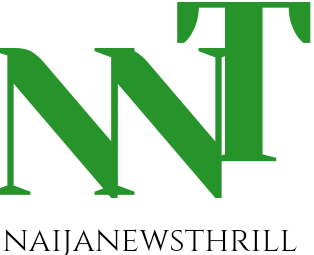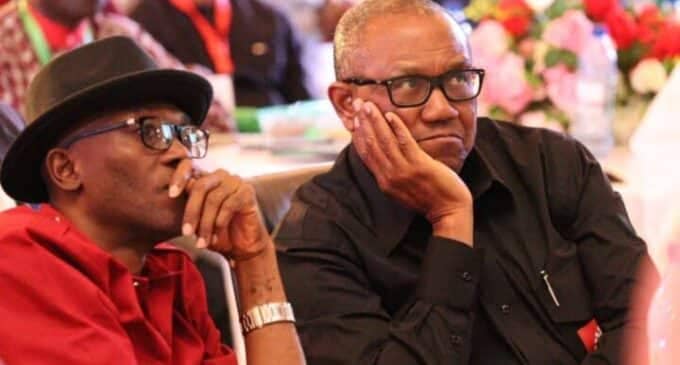ECOWAS Members Meet As Troubled States Test Unity
Emergency discussions were convened by the foreign ministers of West African nations on Thursday to address the political turmoil in Senegal and the withdrawal of three countries affected by coups from the regional bloc.
The extraordinary session of the Economic Community of West African States (ECOWAS) focused on President Macky Sall’s recent postponement of elections in Senegal, which came shortly after Burkina Faso, Mali, and Niger announced their departure from the bloc.
Earlier, ECOWAS Commission president Omar Alieu Touray said it was “the time we have been most challenged,” calling the crisis in Senegal a “worrying development.”
During his address at the ECOWAS Mediation and Security Council in Abuja, Nigeria’s capital, he emphasized the importance of unity within the bloc.
Senegal’s foreign and defence ministers were in attendance, however, due to their suspension from ECOWAS following coups, representatives from Burkina Faso, Mali, Niger, and Guinea were not present.
Prior to the closing statement by ECOWAS, the ministers were scheduled to engage in private discussions.
Senegal Political Crisis [Sub-Topic]
Senegal faced a severe political crisis over the weekend as President Sall decided to postpone the February 25 vote just hours before the start of campaigning. The delay was approved by lawmakers on Monday, although some opposition members were forcibly removed from the chamber by security forces, preventing them from voting. This situation has raised concerns among observers, as Senegal is considered one of the most influential and stable members of ECOWAS, and there are fears that this crisis could have ripple effects in the region.
ECOWAS, the United States, and the European Union have all called on Senegal to adhere to its original election timetable. However, there are doubts about the influence of these groups over member states that are becoming increasingly defiant.
In a statement issued earlier on Tuesday, ECOWAS warned Senegal about the potential risks to peace and stability in West Africa during these challenging times.
Nevertheless, it remains uncertain what actions the bloc would take if President Sall were to defy their warning.
Burkina Faso, Mali And Niger Exit [Sub-topic]
Last month, Burkina Faso, Mali, and Niger jointly announced their withdrawal from the bloc, which has posed a diplomatic challenge for the organization.
Mali, in particular, has reiterated its immediate departure, stating that it is not obligated to adhere to the organization’s one-year timeframe for withdrawal.
This situation has raised doubts about the broader role of the almost 50-year-old bloc, especially considering its failed military intervention warning in Niger last year, which has not resulted in the restoration of the country’s ousted president.
The handling of this recent political upheaval by ECOWAS is being closely monitored, as its reputation is on the line. ECOWAS has the power to impose trade sanctions, as it has done against Mali and Niger following their coups.
However, these sanctions have had a severe impact on the citizens, and military regimes remain in power. Experts also suggest that although Senegal may be taking risks, it is still far from the point where ECOWAS is likely to impose financial penalties.
“Sanctions cannot come in at this point,” Idayat Hassan of the US Center for Strategic and International Studies had told AFP earlier.
“What can come in is more mediation,” she said, expressing confidence in the power of the bloc’s backchannel diplomacy.





